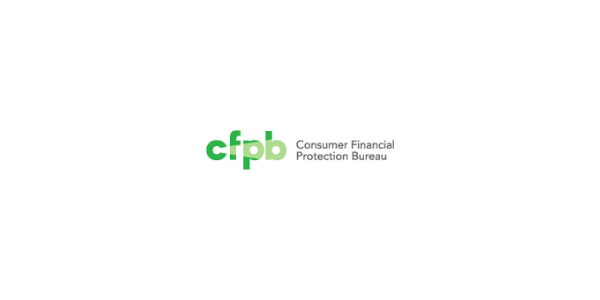
MBA: Mortgage Credit Availability Rose In October

While availability rose, the overall index was 30% lower than February 2020 and close to the lowest supply of mortgage credit since 2014.
Mortgage credit availability increased in October according to the Mortgage Credit Availability Index (MCAI), a report produced by the Mortgage Bankers Association (MBA).
The MBA said Tuesday that the MCAI, which analyzes data from Ellie Mae's AllRegs Market Clarity business information tool, rose by 0.1% to 125.7 in October, following a 1.5% increase to 125.6 in September. A decline in the MCAI indicates that lending standards are tightening, while increases indicate loosening credit. The index was benchmarked to 100 in March 2012.
The Conventional MCAI increased 0.1% in October, following a 4.5% increase in September, while the Government MCAI remained essentially unchanged after falling 0.7% in September. Of the component indices of the Conventional MCAI, the Jumbo MCAI increased by 4.1% in October, but that was offset by the Conforming MCAI, which fell by 6%.
In September, the Jumbo MCAI had increased by 5.8%, and the Conforming MCAI rose by 2.6%.
"Credit availability inched forward in October, but the overall index was 30% lower than February 2020 and close to the lowest supply of mortgage credit since 2014," said Joel Kan, MBA's associate vice president of economic and industry forecasting.
Kan said increase in the jumbo index was driven mostly by an increase in the supply of jumbo ARM and non-QM products. “On the conforming side, there was a pullback in ARMs, higher LTV loans, and lower credit score products,” he said. “While there is tightening in ARM credit availability both for jumbo and conforming loans, ARM loans have accounted for a small share of loan applications, ranging from 2.5% to 5% of applications to date in 2021."
He added that “tight credit availability, combined with ongoing supply and affordability challenges, are significant obstacles for some prospective first-time buyers."
The Conventional, Government, Conforming, and Jumbo MCAIs are designed to show relative credit risk/availability for their respective indices. The primary difference between the Total MCAI and the Component indices are the population of loan programs they examine. The Government MCAI examines FHA/VA/USDA loan programs, while the Conventional MCAI examines non-government loan programs.
The Jumbo and Conforming MCAIs are a subset of the Conventional MCAI and do not include FHA, VA, or USDA loan offerings. The Jumbo MCAI examines conventional programs outside conforming loan limits, while the Conforming MCAI examines conventional loan programs that fall under conforming loan limits.
The Conforming and Jumbo indices have the same base levels as the Total MCAI (March 2012=100), while the Conventional and Government indices have adjusted base levels. MBA calibrated the Conventional and Government indices to better represent where each index might fall in March 2012 (the "base period") relative to the Total=100 benchmark.
The MCAI provides the only standardized quantitative index that is solely focused on mortgage credit. It is calculated using several factors related to borrower eligibility (credit score, loan type, loan-to-value ratio, etc.). These metrics and underwriting criteria for over 95 lenders/investors are combined by MBA using data made available via the AllRegs Market Clarity product and a proprietary formula derived by MBA to calculate the MCAI.




